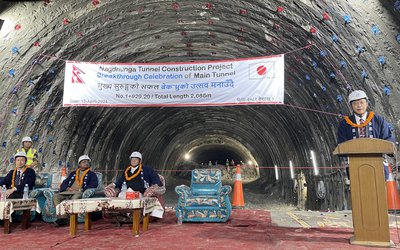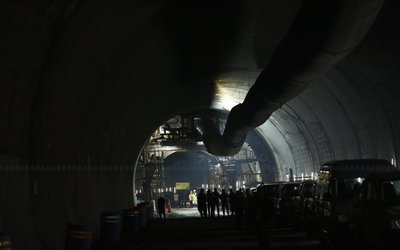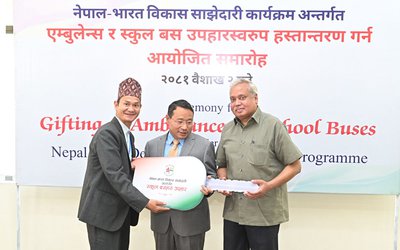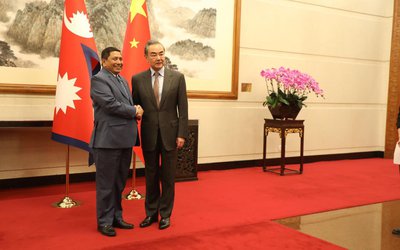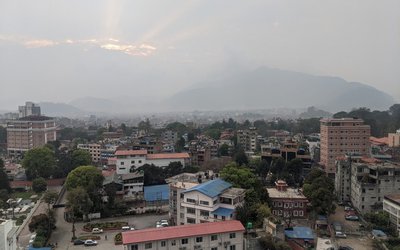Donors of a controversial fund for climatically vulnerable countries must have had the presence of mind to name it Strategic Program for Climate Resilience (SPCR). For, had it carried the term “adaptation”, then no way would the assistance have included loan – often dubbed as injustice in climate negotiations.
Bureaucrats advocating the fund have been hitting “resilience” as the catchword. And it was a handy tool for them to convince grilling lawmakers at the finance committee of the Parliament last week.
“The loan money is for climate resilience which means productive sectors like hydropower development, irrigation, building bridges, etc.” says Environment Ministry joint secretary Purushottam Ghimire. “It is not for climate adaptation, we are very clear about that.”
Adaptation basically means helping vulnerable communities to cope with the inevitable climate change impacts like floods, droughts or change in agricultural patterns.
And there is a general consensus that adaptation money for poor and vulnerable countries should come as compensation from atmosphere-polluting rich nations and not as loans.
Officials seem to have won over the anxious parliamentarians who had summoned them amid civil societies’ growing opposition to the 60 million dollars loan of the SPCR, the remaining of which is grant.
“Since we know that Nepal has been a victim of climate change without contributing to its cause, all lawmakers were dead against loan for adaptation,” said Constituent Assembly member Ram Sharan Mahat who raised the issue in the Parliament first.
“But there were also supportive voices for the loan if it is used for productive sectors that will help us make incomes in the future.”
Their aid memoire required the government to “give the final guidance on the SPCR” when their mission was in Kathmandu last week.
But the battle won in Nepal by getting the bureaucrats in the frontline to manoeuvre does not mean the behind-the-scene donors have become victors in the international “war” against climate loan, observers say.
Civil societies in Bangladesh have been up in arms against climate loan as the vulnerable coastal country is one of the recipients of the SPCR funds.
Last week, several of these non-government organisations formed a human-chain in Dhaka to oppose the “progress in the negotiations on climate loan.”
Similar voices are being heard in the African countries where such controversial funding is making inroads.
“How come such loans are making inroads is worth an investigation because African countries had once made a common position that they would oppose such funds,” said a senior journalist from Nigeria.
Such an investigation in other recipient countries as well may offer an emerging pattern of aid politics in the changing climate.
(Khadka is a BBC journalist)
- TANAHU HYDROPOWER PROEJCT: A Significant Achievement
- Apr 15, 2024
- AMBASSADOR HANAN GODAR: Sharing Pain With A Nepali Family
- Mar 30, 2024
- VISIT OF KfW AND EIB TO NEPAL : Mission Matters
- Mar 25, 2024
- NEPAL BRITAIN SOCIETY: Pratima Pande's Leadership
- Mar 24, 2024
- NEPAL ARMY DAY: Time To Recall Glory
- Mar 15, 2024

